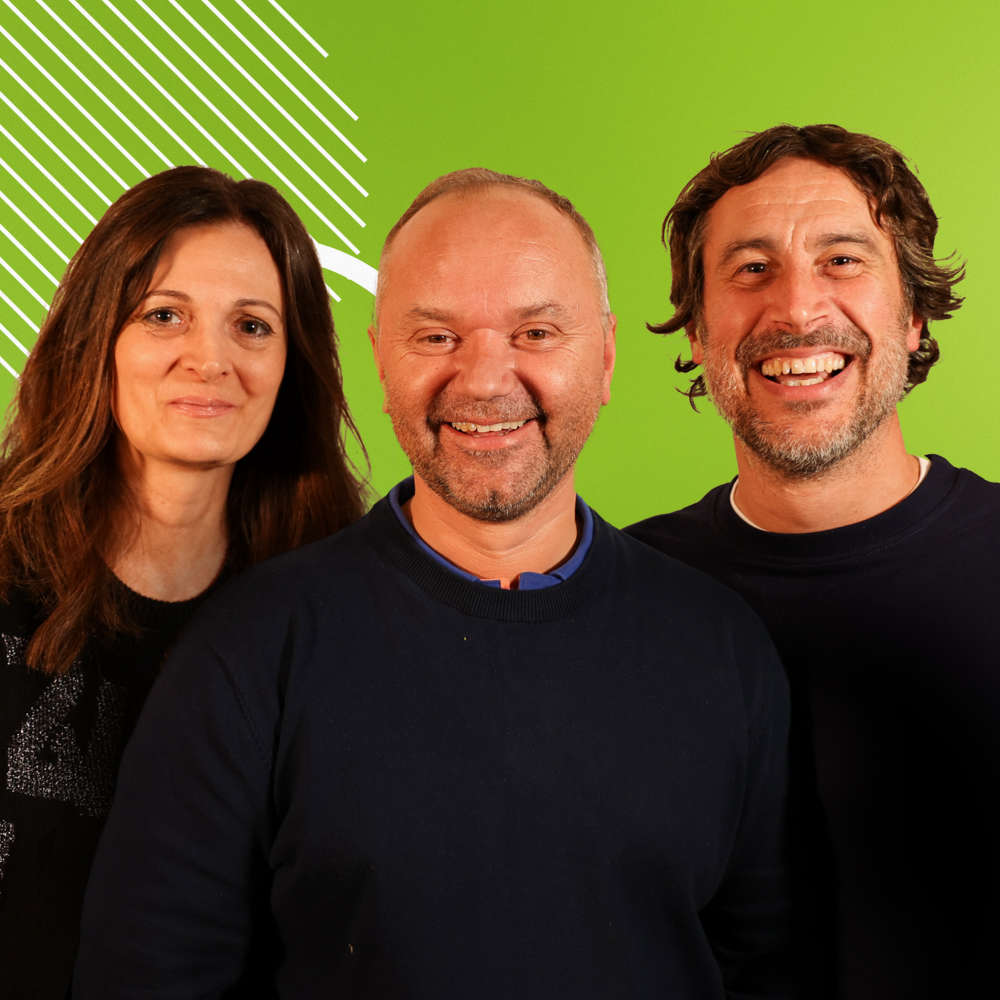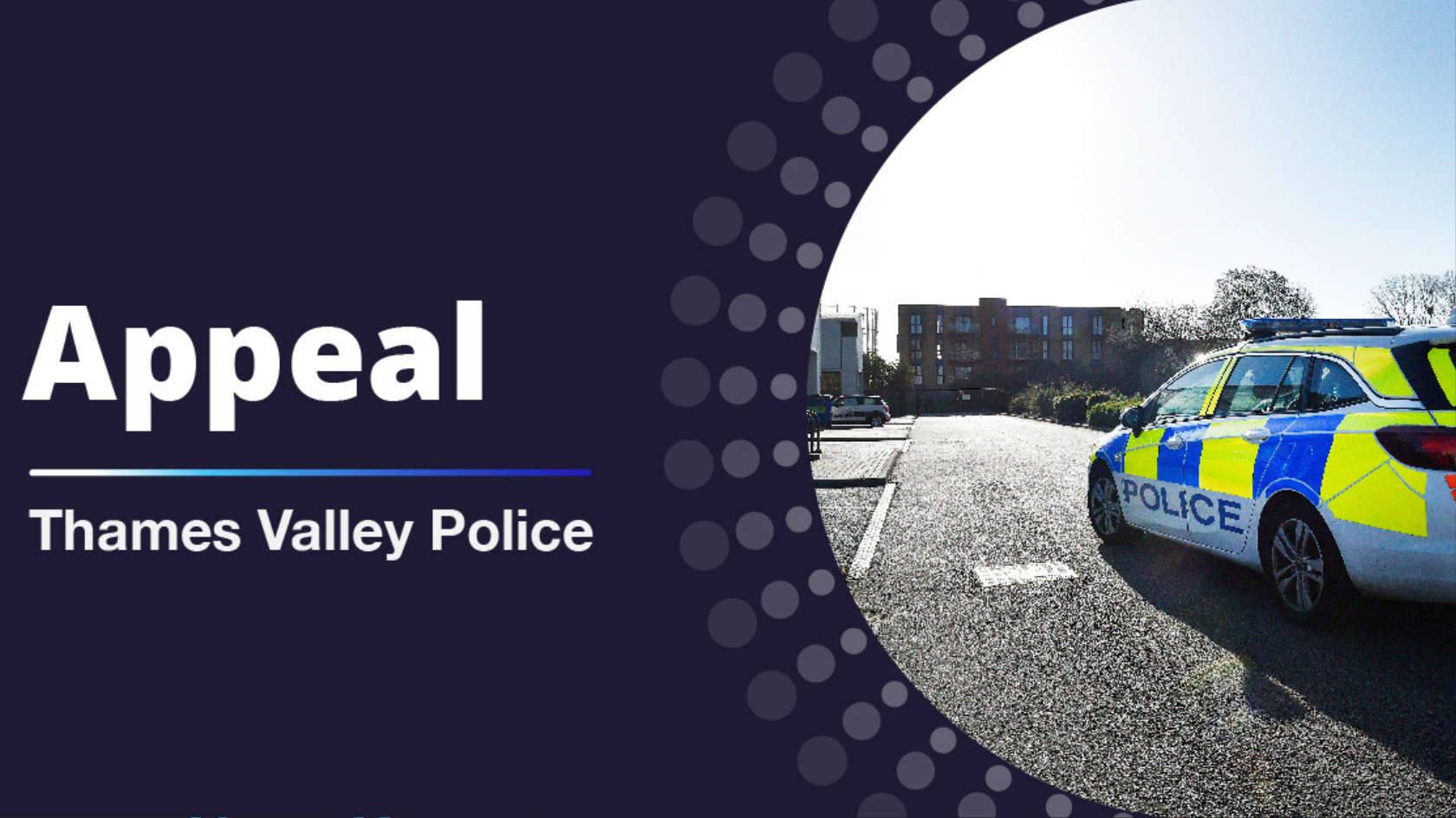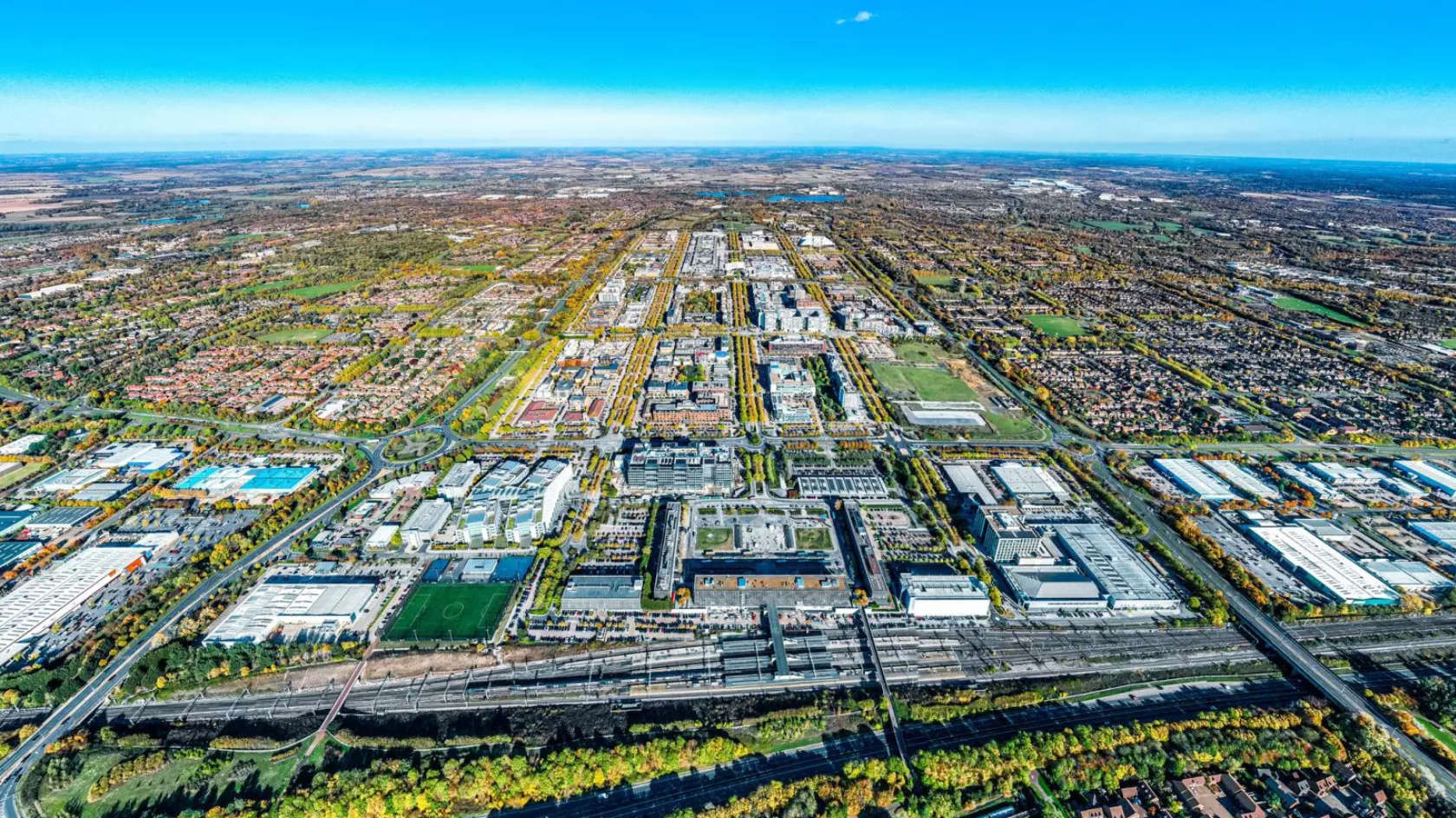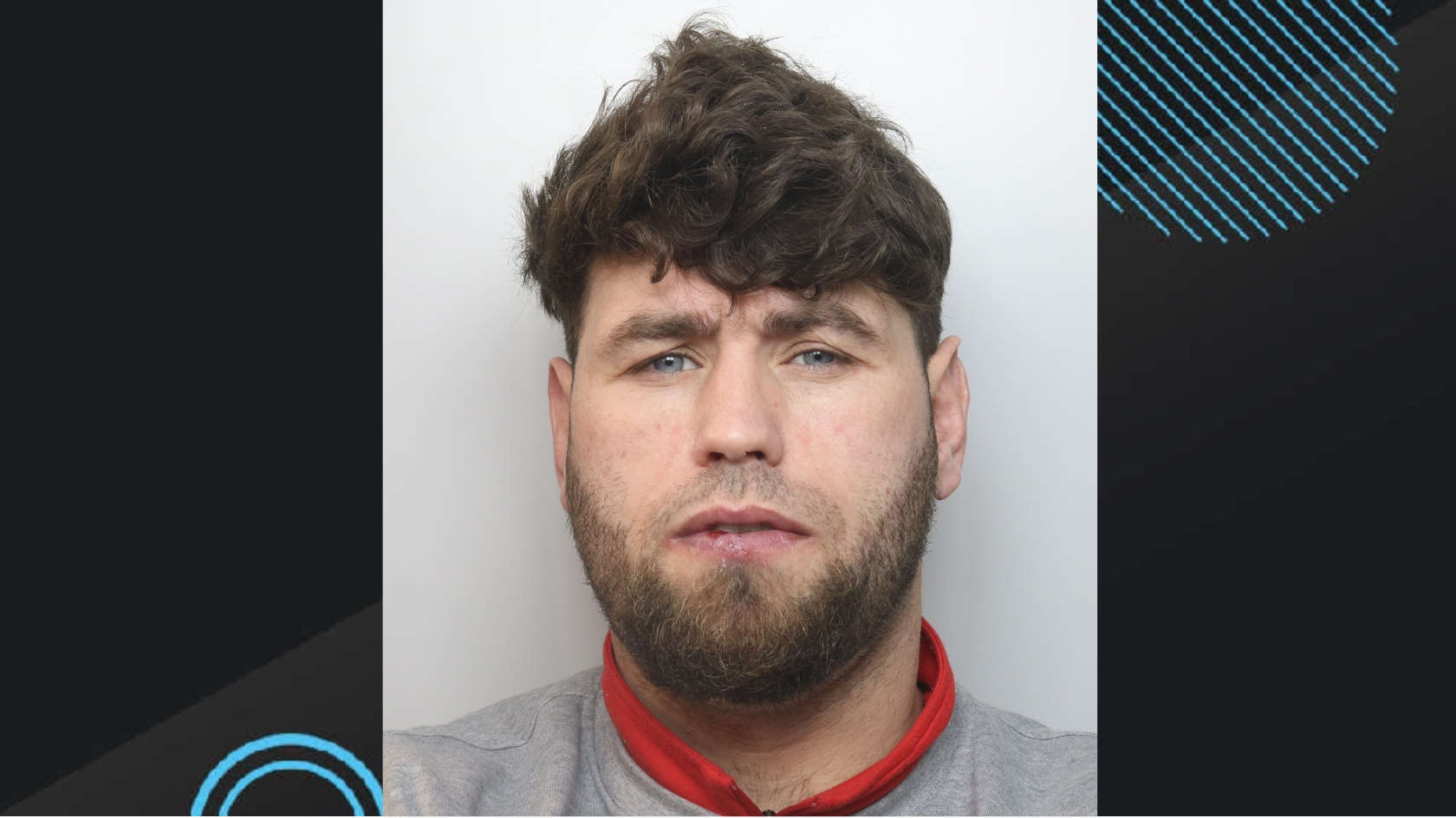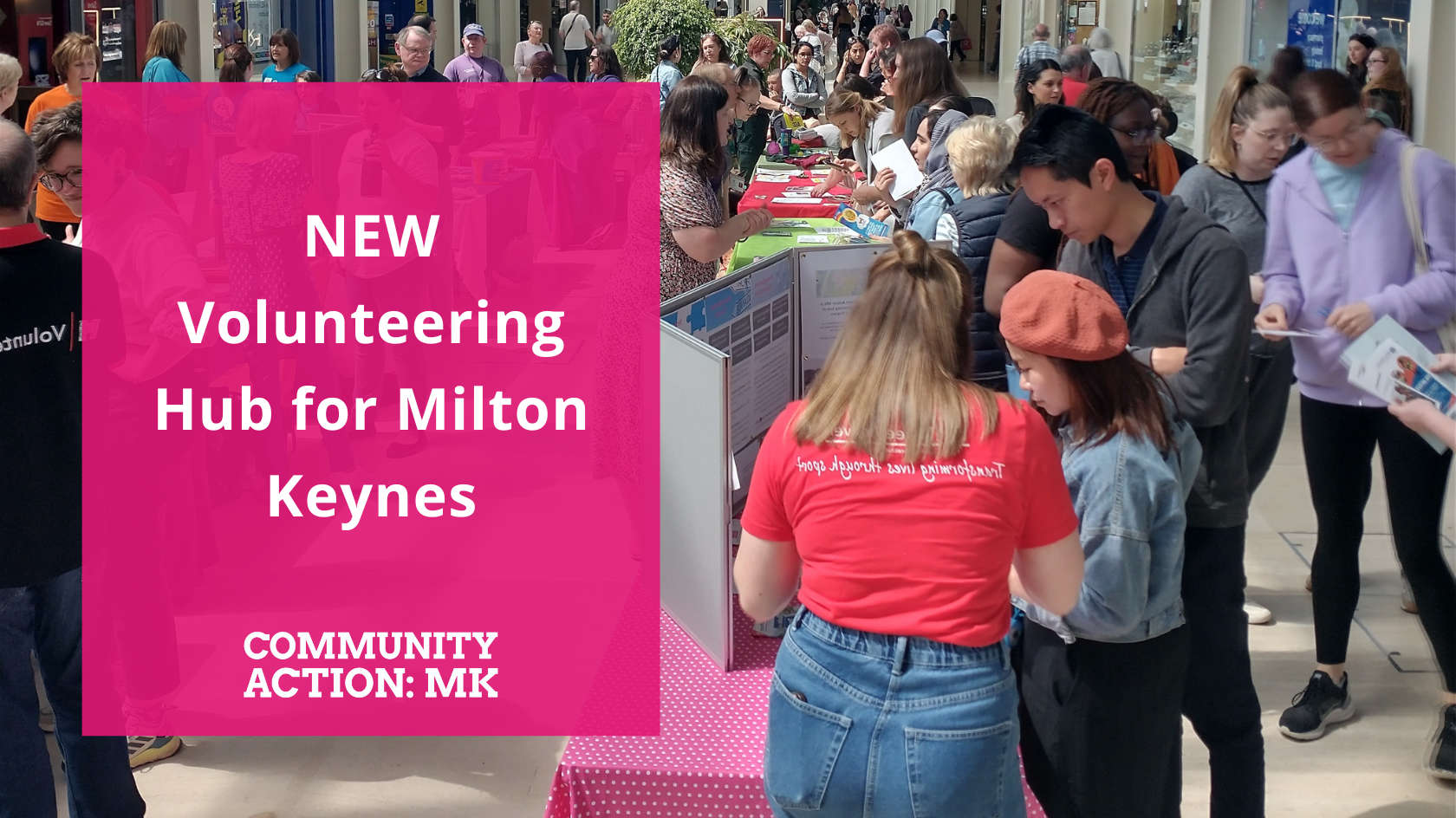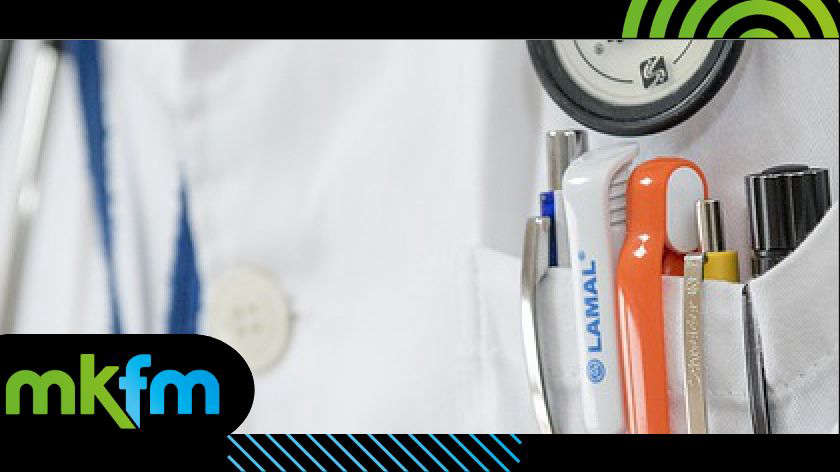
GP surgeries have been signing up in principle to transition from analogue to digital telephone by next March.
So far, more than 1,000 practices have signed up for the transition – including 9 practices in Milton Keynes South.
Surgeries are signing up to make the switch from analogue systems which can leave patients on hold and struggling to book an appointment – to modern, digital telephones.
It is expected every practice in the country will have the new system in place by the end of this financial year helping put an end to the 8am rush, as part of the Prime Minister’s Primary Care Recovery Plan.
The government move hopes to make it easier and quicker for patients to contact their general practice.
The upgraded system will bring an end to the engaged tone and see calls directed to the right professional, while the use of online systems will provide more options and help those who prefer to call to get through.
A consultation is soon set to be launched to enable pharmacists to supply common medications without need for a prescription from GP.
A second consultation is also being launched looking at how dental hygienists and therapists can be better supported to provide additional care to patients and reduce unnecessary delays.
Member of Parliament for Milton Keynes South, Iain Stewart commented:“I am delighted to see 9 practices in Milton Keynes South have signed up to move onto digital telephone lines by March to make booking GP appointments easier.
“This is part of the Government’s Primary Care Recovery Plan, making it quicker and easier for constituents to get the help they need and for practices to better manage demand.”
Health and Social Care Secretary Steve Barclay said: “We are delivering on our promises to make access to GP appointments easier while boosting staffing numbers.
“With the support of NHS England, general practices, pharmacies and dental surgeries, backed by significant investment from the government we will bring an end to the 8am rush for appointments.
“I’m delighted that over one thousand general practice surgeries will soon benefit from high tech designed to make booking an appointment as easy as possible for patients for years to come.”
Practices on older systems will receive an average investment of £60,000 each to move onto digital phones combined with updated digital tools and support for the transition.
The Government has already started training people to direct calls more effectively, with funding for 6,500 places –the equivalent of one member of staff per practice – who can then pass on the training to colleagues. They will help assess, prioritise, respond and assist with calls and ensure those who want to see a named GP or preferred member of staff can do so and those happy to see a duty doctor can also do so.
Minister Neil O’Brien said: “We want to make sure we are making the best use of skilled professionals such as dental hygienists and pharmacy technicians while at the same time freeing up dentists and pharmacists to carry out vital services. The reforms we propose today are crucial in achieving this.
“We have so much skill and experience within our surgeries and pharmacies and by better using technology, transferring services and cutting bureaucracy we will have a more efficient and effective service.”
Progress is also being made on other aspects included in the Primary Care Recovery Plan with discussions taking place between the government, NHS England and the pharmaceutical sector about the best way to use the up to £645 million of funding allocated to the pharmacy sector.
The actions set out in the plan are expected to free up around 15 million GP appointments over the next two years for patients who need them most.
